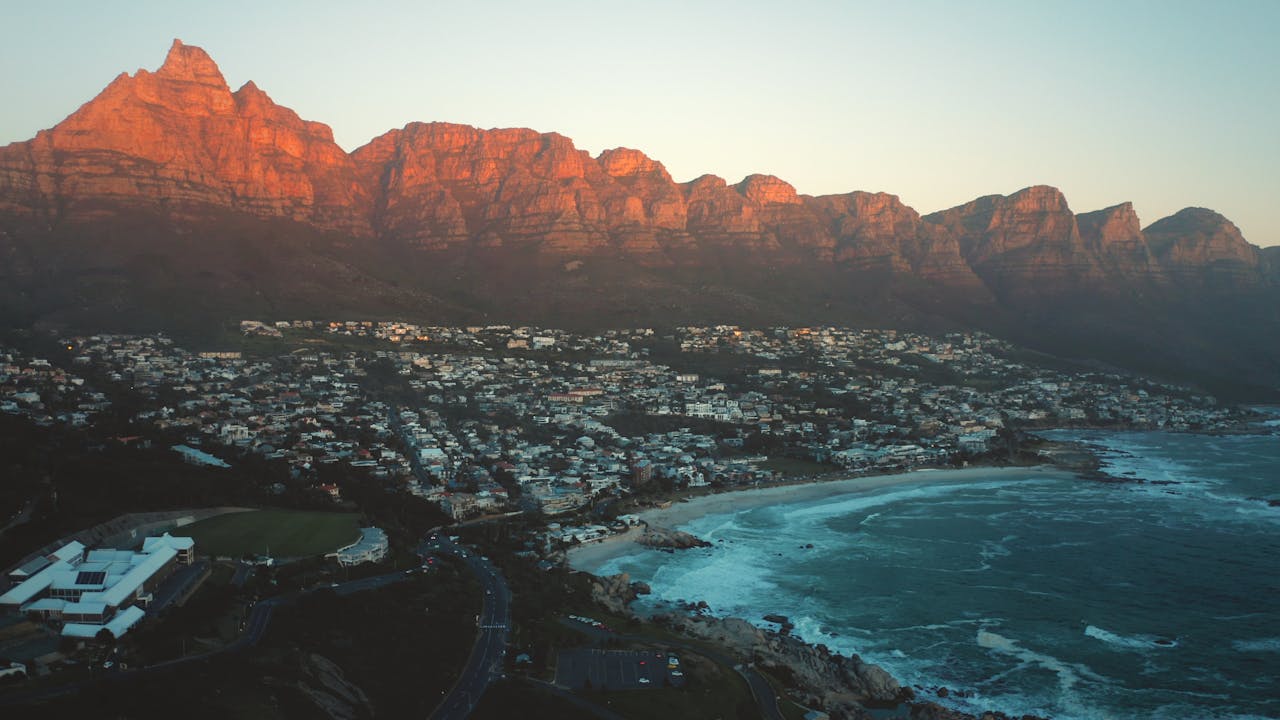
In case you didn’t know, there’s trouble in South Africa in that some people are extremely unhappy with Cyril Ramaphosa’s latest Healthcare Law.
What is it?
South Africa on May 15th, 2024 enacted the National Health Insurance (NHI) scheme, which was signed into law by President Cyril Ramaphosa. The law, which represents a significant shift in South Africa’s healthcare landscape, was designed as a comprehensive health financing system and aims to ensure equitable access to quality healthcare services for all South Africans, regardless of their socioeconomic background. The reasoning behind the scheme is to address the existing disparities in the current healthcare system, where affordability remains a major barrier that excludes predominantly black and poor South African citizens from accessing healthcare services.
What are it’s key provisions:
The National Health Insurance (NHI) scheme provides a framework to achieve universal healthcare access, ensuring all South Africans, regardless of socioeconomic background, can receive quality healthcare services. The NHI Law, aligned with the National Health Insurance White Paper and the Constitution, establishes a State fund (The National Health Insurance Fund) – which will act as a central hub – purchasing healthcare services for registered users. This means South Africans covered by the scheme will no longer be required to contribute directly to a separate medical healthcare scheme, instead the cost of healthcare will be paid for from the fund.
In addition, private health insurance will no longer cover treatments funded by the NHI, but instead focus on services outside the NHI’s scope. This realignment aims to improve the overall quality of care and health outcomes for South Africans, while protecting them from financial burden when seeking medical attention. This means that when people visit healthcare facilities, there will no longer be fees charged because the NHI fund will cover the costs of people’s medical care in the same way that medical aids (private) do for their members.
Why are some people unhappy with the new Law?
Although the NHI scheme is seen as an important instrument to tackle poverty, it has faced resistance from the main opposition Democratic Alliance (DA), which has accused the president of signing the “death warrant” of healthcare in South Africa. The DA believes the cost to be “well in excess of R200 billion per year” (US$10bn) [Source: A strong DA can rescue SA from NHI – 14th May 2024].
The criticisms range from those who are saying the scheme will be used by the ANC to embezzle money from the government, to those who are saying the scheme is unconstitutional and will create job losses. John Steenhuisen, who is the leader of the DA, said that the ANC’s plan would lead to enormous tax increases, and that the central fund would be “controlled by one almighty ANC cadre”.
Those who say the law is unconstitutional point to the provision that under the scheme people will not be able to take out medical insurance to receive any additional treatment they would like from private doctors. But the government says providing equal health services to all – rich and poor, is their constitutional obligation.
Further, the South African government hasn’t specified all the treatments that NHI-accredited private hospitals and GPs will provide but it’s understood that emergency services, mental health services, palliative care and rehabilitation services are included.
Another criticism is that the government has not fully specified how the scheme will be funded. On South Africa’s parliament’s website, the sources of funding for the scheme are identified as general taxation, contributions by people earning above a set threshold and monthly contributions made by employees to the fund(which sounds a little bit like the UK’s National Insurance payments – that are automatically deducted from one’s salary), but they haven’t spelled out how much people will have to contribute or how much it will cost to fund the scheme.
Some private healthcare providers are also concerned that they could be overwhelmed by a surge of large numbers of new patients, without any guarantees of whether (or when) they would be paid, from what could be a poorly managed fund.
Why is the Government pushing forward with it?
South Africa has nearly 4,000 public clinics, community health centers and hospitals that cater to the 84% of the population which doesn’t have private healthcare. But poor facilities, staffing challenges, and shortage of medicines, among many other problems, usually affects the quality of care provision in these healthcare settings, pushing those who can afford to, to go private. Of course this also means those who can’t afford private medical aid schemes, are largely excluded.
On twitter, the President Ramaphosa said that “The rising cost of health care makes families poorer. By contrast, health care provided through the NHI frees up resources for poor families for other essential needs. The NHI will make health care in the country more affordable.”
But some critics say the scheme is a way to boost the chances of the ANC in the upcoming elections (Scheduled for 29 May), at an uncertain time, when analysts believe the ANC could lose its majority, the first time such would have happened in 30 years. Indeed, Mr Ramaphosa has made the NHI one of his major pledges to voters while on the campaign trail.
“We are going to end the apartheid that remains in health care, where you have the best healthcare for the rich and poor healthcare for the poor,”
- President Cyril Ramaphosa at a campaign Rally in April 2024
The ANC also put out the tweet below to try and answer questions regarding the scheme:
https://x.com/MYANC/status/1791091647918268632
As things stand, it’s likely that a legal challenge will ensue, which may take months or even years to resolve. Among the parties that could launch a legal challenge are the DA and South African Medical Association. If such goes forward, other parties will likely join the lawsuit.
- NHI will not cause job losses – NEHAWU (February 2019)
- NHI Bill Shakes Up South African Job Market (May 2024)